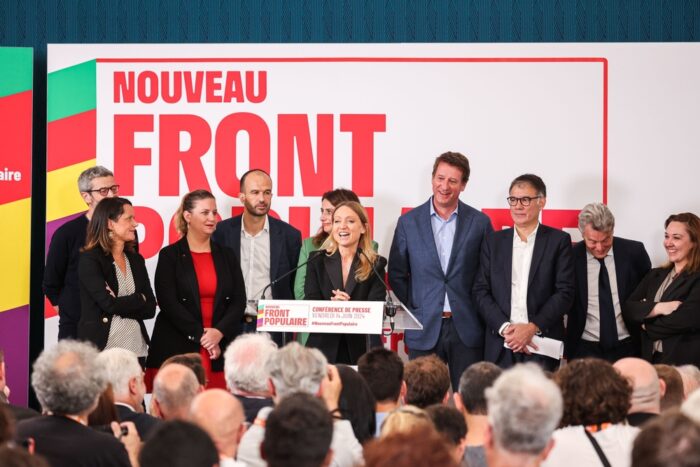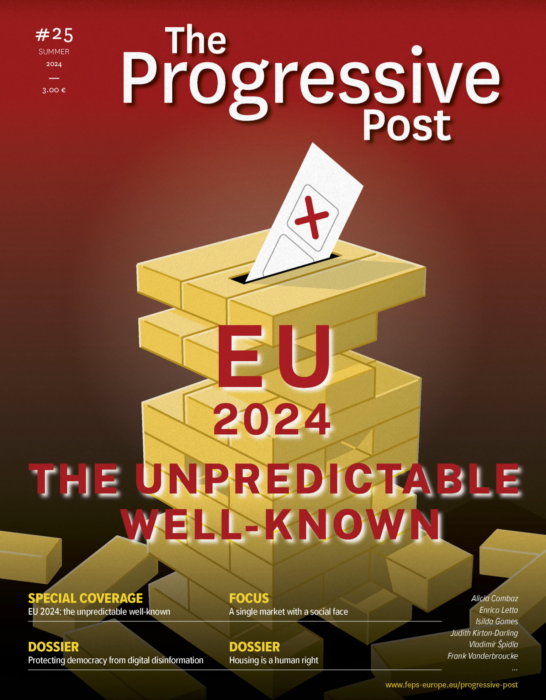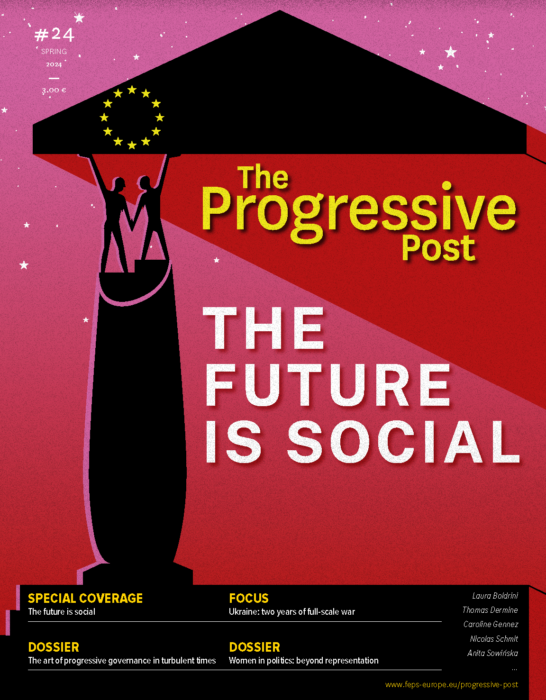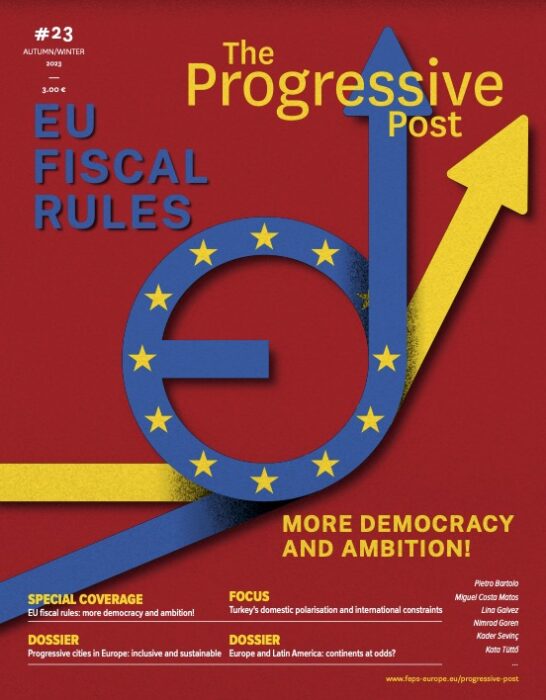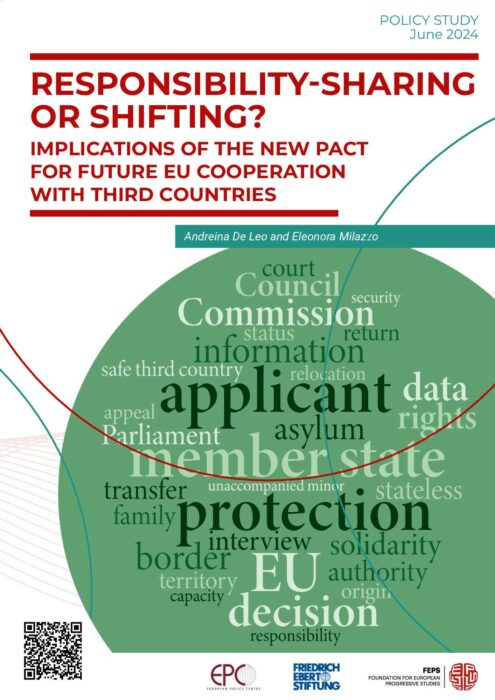|
Warning: Undefined variable $printName in /var/www/vhosts/feps-europe.eu/staging.feps-europe.eu/wp-content/themes/fepseuropetheme/inc/feps-view-function.php on line 1522
Warning: Undefined variable $publicationName in /var/www/vhosts/feps-europe.eu/staging.feps-europe.eu/wp-content/themes/fepseuropetheme/template-parts/content.php on line 108
Warning: Undefined variable $attachedEventHTML in /var/www/vhosts/feps-europe.eu/staging.feps-europe.eu/wp-content/themes/fepseuropetheme/template-parts/content.php on line 382
Find all related Progressive Post
Progressive Post
Find all related Magazine
Magazine
Find all related publications
Publications
Find all related news
News
Find all related in the media
In the media
NATO-bővítés sok vitával: érvek, ellenérvek és lobbik a Clinton-elnökség idején
by BBC History 07/07/2024
Die EU-Osterweiterung nach 20 Jahren: Kann die Konvergenz sozial und wirtschaftlich nachhaltig gestaltet werden?
by Wirtschaftsdienst 13/06/2024

 FEPS Young Academic Network
FEPS Young Academic Network












